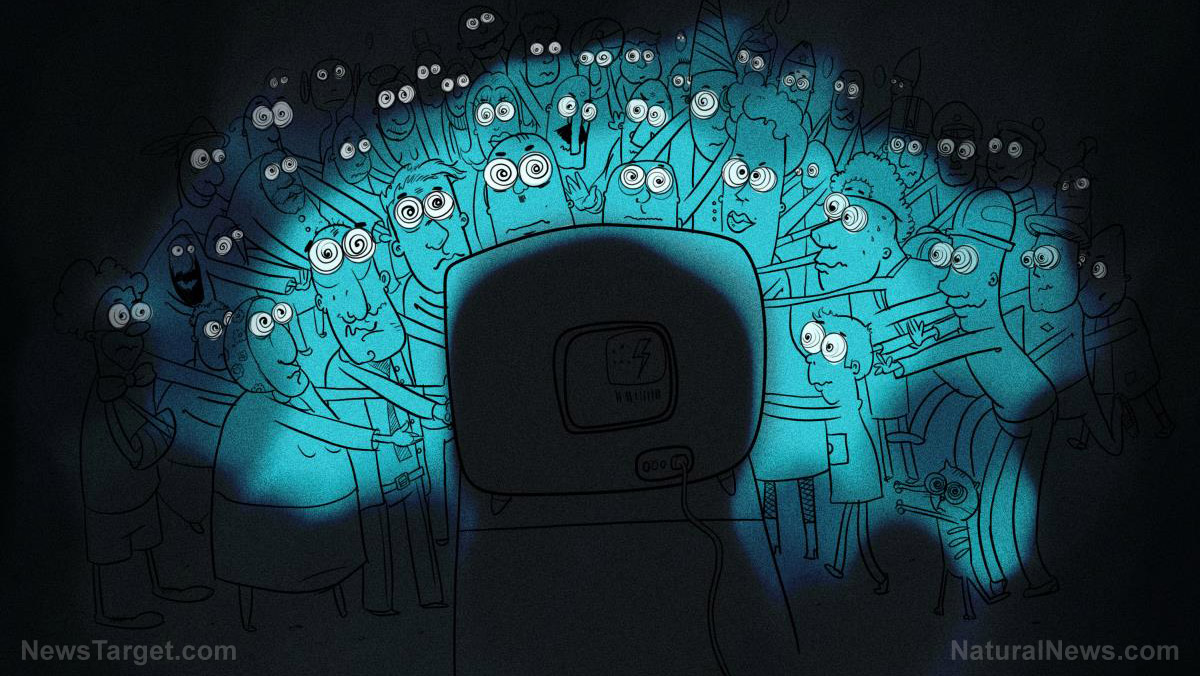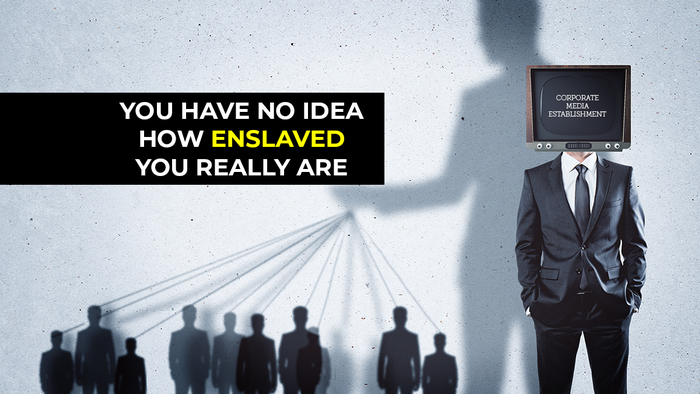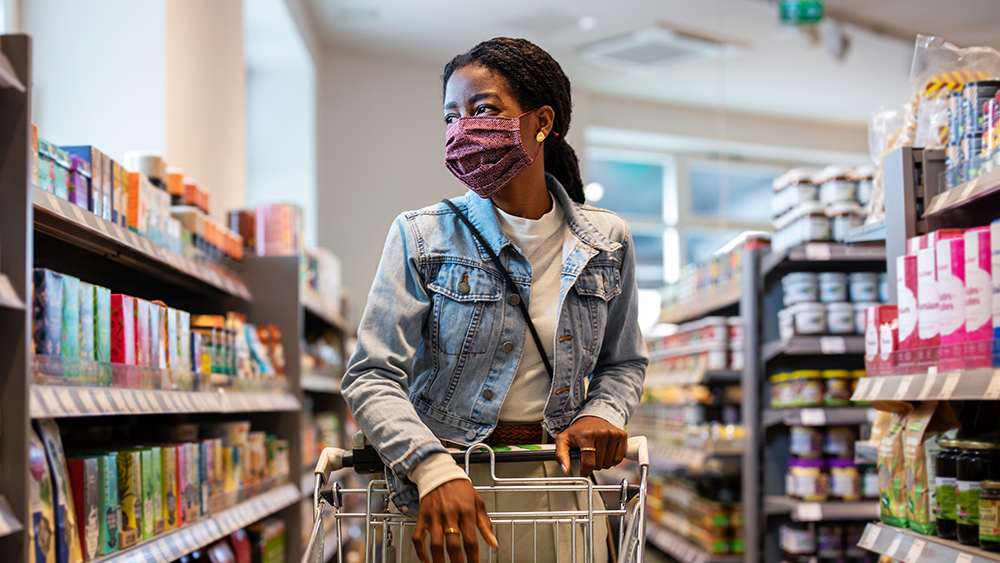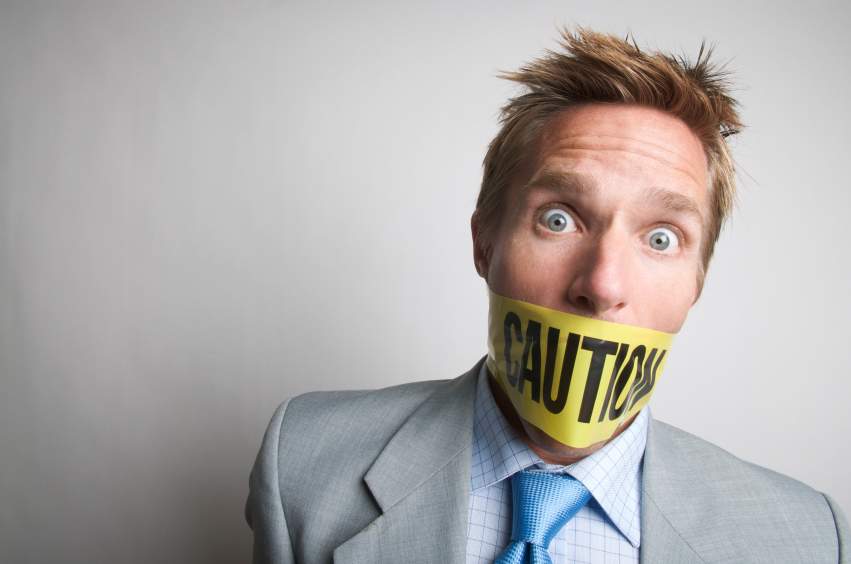Texas Supreme Court rules Facebook can be held liable for sex trafficking on its platform
06/29/2021 / By Arsenio Toledo

On Friday, June 26, the Texas Supreme Court ruled that Facebook can be held liable for sex traffickers using the platform to prey on children.
The court ruled that Facebook is not a “lawless no man’s land” and could be held liable for benefiting from human trafficking. The court’s ruling was prompted by three lawsuits against the social media giant that involved teenage sex traffic victims who met their abusers through Facebook’s messaging functions. (Related: Facebook a hub for sex trafficking, Twitter a haven for pedophilia.)
Facebook is being sued for negligence and product liability in Texas. Prosecutors argue the tech giant failed to warn its users about or block sex trafficking from taking place. The company’s legal team argued that the social media platform was protected against liability due to Section 230 of the 1996 Communications Decency Act (CDA).
Section 230 protects websites from being taken to court for any potentially illegal content posted by their users. But there are exceptions for copyright violations, sex and prostitution-related material and violations of federal criminal law.
The Texas Supreme Court’s majority opinion states: “We do not understand section 230 to ‘create a lawless no man’s land on the internet” in which states are powerless to impose liability on websites that knowingly or intentionally participate in the evil of online human trafficking.”
“Holding internet platforms accountable for the words or actions of their users is one thing, and the federal precedent uniformly dictates that section 230 does not allow it,” the court’s opinion said. “Holding internet platforms accountable for their own misdeeds is quite another thing. This is particularly the case for human trafficking.”
The Texas Supreme Court noted that Congress had recently amended Section 230 of the CDA to allow the possibility of civil liability for platforms that violate state and federal human trafficking laws.
Ruling can lead to other businesses being held accountable for benefiting from trafficking
Annie McAdams, a personal injury lawyer based in Houston, said the court’s decision was unprecedented. She was the lead attorney for the families of several victims of sex trafficking who brought a case against Facebook in the state.
“Our clients have fought for over two years for the chance to bring their case,” said McAdams. “While we have a long road ahead, we are grateful that the Texas Supreme Court will allow these courageous trafficking survivors to have their day in court against Facebook.”
McAdams added that she hopes Chapter 98 of the Texas Civil Practices and Remedies Code can help other sex trafficking victims and survivors in the state hold businesses like Facebook accountable for benefiting from their exploitation.
Chapter 98 argues that a defendant that either engages in or intentionally or knowingly benefits from human trafficking is liable to the victims “for damages arising from the trafficking of that person by the defendant or venture.”
The three lawsuits against Facebook alleged that the social media platform enabled sex traffickers to target minors. The victims were all from the Houston metropolitan area. They were 13, 14 and 16 when sex traffickers preyed upon them through Facebook’s messaging service.
Sex traffickers allegedly enticed their victims with “false promises of love and a better future,” including lies about modeling jobs that did not exist.
“One of the cases involving a 14-year-old from Spring, recounts how the girl was recruited, groomed and sold in 2018 by a man she met on Instagram,” reported the Houston Chronicle in April. “The trafficker beat her and sold her for commercial sex for three weeks… The child has undergone intensive therapy in the years since.”
In a statement, a Facebook spokesman said the company was reviewing the Texas Supreme Court’s decision and considering its next steps.
“Sex trafficking is abhorrent and now allowed on Facebook,” said the spokesman. “We will continue our fight against the spread of this content and the predators who engage in it.”
Learn more about the many crimes committed by Facebook by reading the latest articles at FacebookCollapse.com.
Sources include:
Tagged Under: Big Tech, Child abuse, children, crime, criminals, exploitation, Facebook, grooming, human trafficking, Pedophilia, sex trafficking, Social media, tech giants
RECENT NEWS & ARTICLES
COPYRIGHT © 2017 THOUGHTPOLICE.NEWS
All content posted on this site is protected under Free Speech. ThoughtPolice.news is not responsible for content written by contributing authors. The information on this site is provided for educational and entertainment purposes only. It is not intended as a substitute for professional advice of any kind. ThoughtPolice.news assumes no responsibility for the use or misuse of this material. All trademarks, registered trademarks and service marks mentioned on this site are the property of their respective owners.





















